
What Is a Credit Builder Loan?
A credit builder loan is a financial product that can help consumers establish a positive credit history. Unlike a traditional loan, borrowers will receive a
Brand
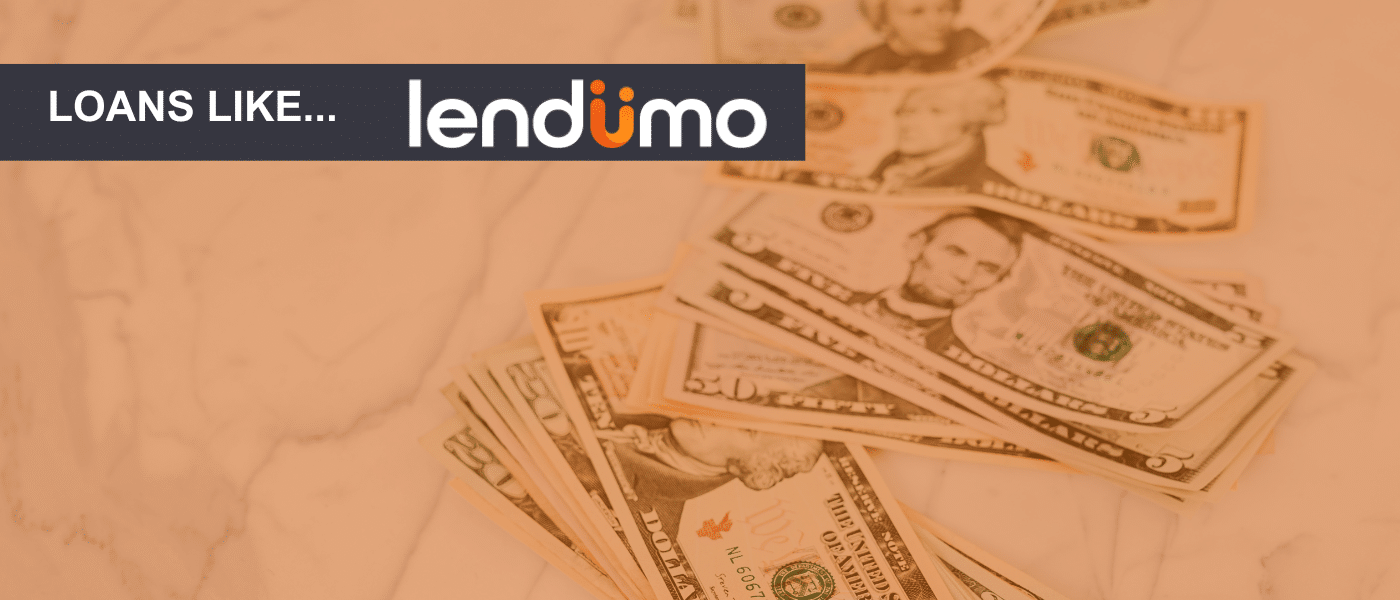
Lendmo is an online tribal lender that offers installment loans. Similar lenders to Lendmo include River Valley Loans, Mawka Finance, and Plain Green Loans, which…
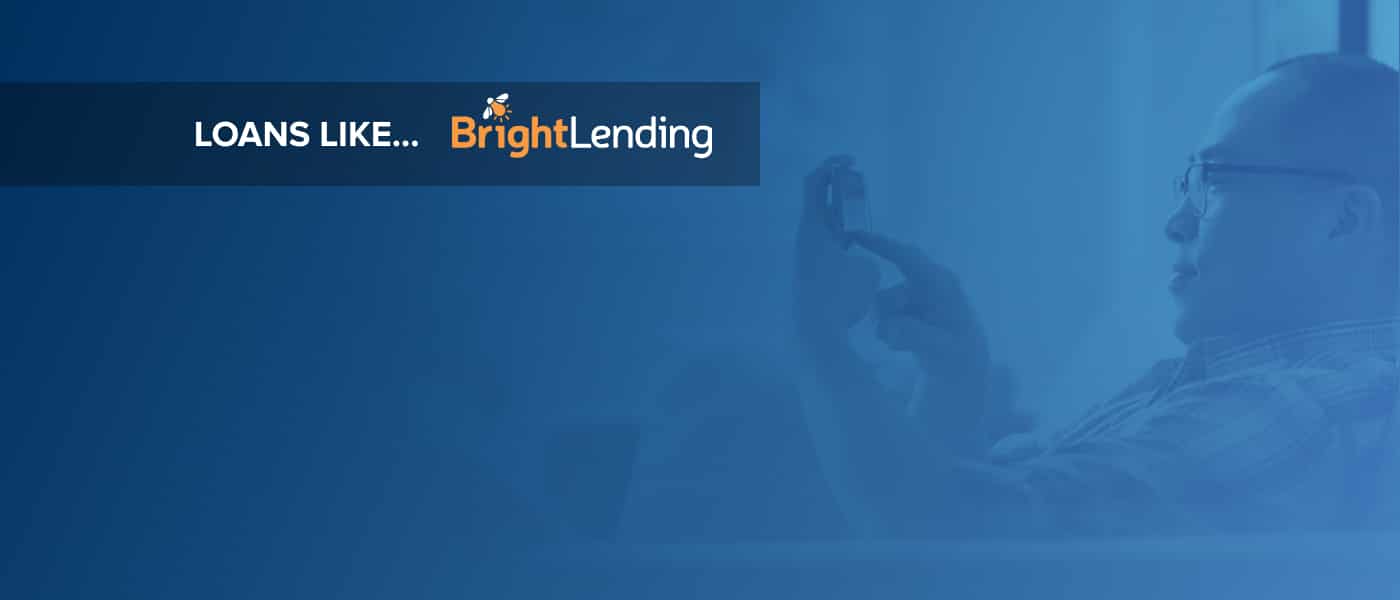
Key Takeaways
Loans like Bright Lending are tribal loans with high APRs, appealing to those with poor credit needing fast cash, but their costly repayment terms…
Budgeting

Looking for tips on budgeting for couples? You’re not alone. Managing money as a team can be tough, especially when you and your partner have…
Key Takeaways
A “When Can I Retire Calculator” estimates your retirement age by factoring in current savings, income, expenses, lifestyle goals, and investment growth.
Key inputs include…
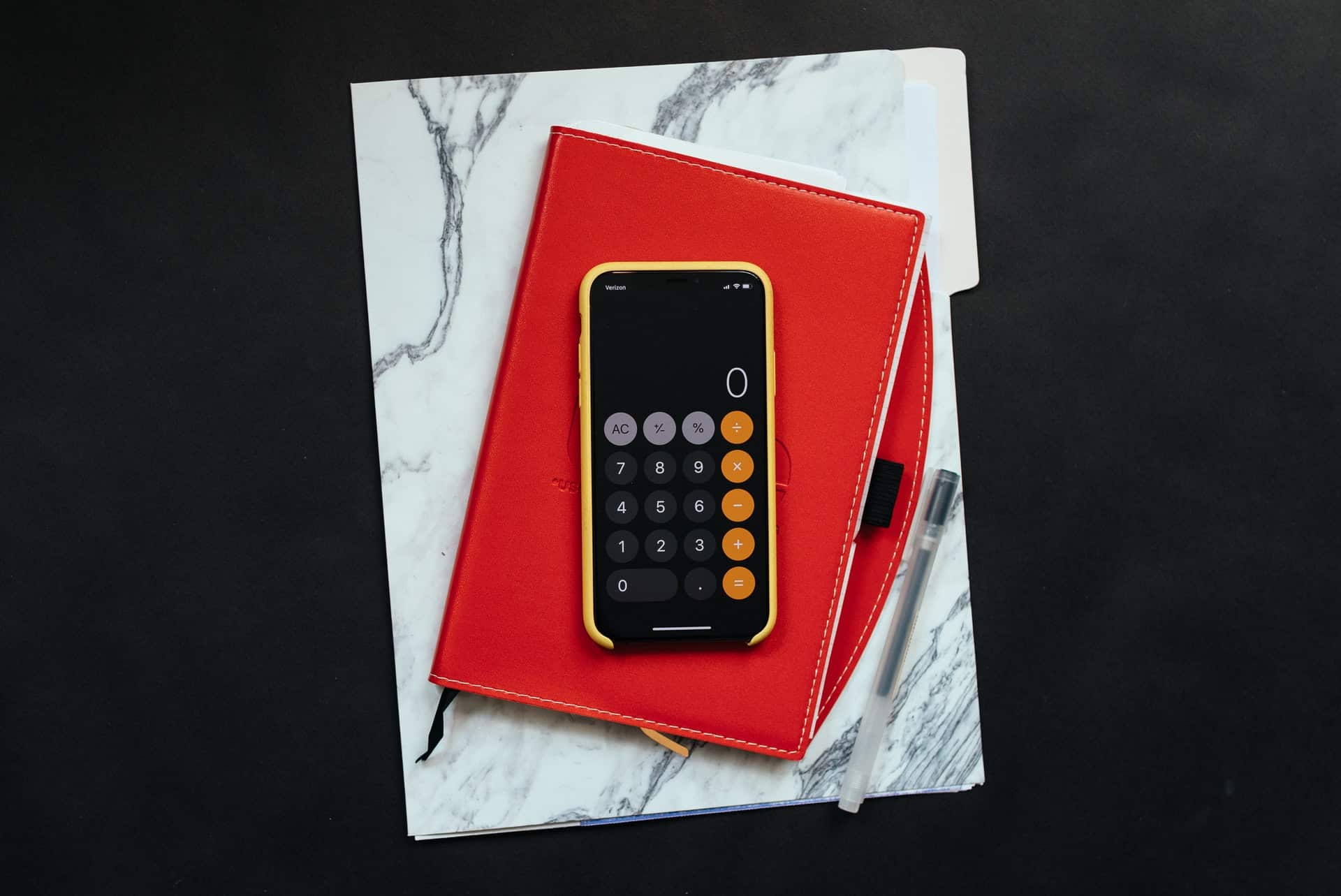
Key Takeaways
Zero sum budgeting is a method where every dollar of your income is assigned to a specific purpose—expenses, savings, or debt—until your budget balances…
Credit
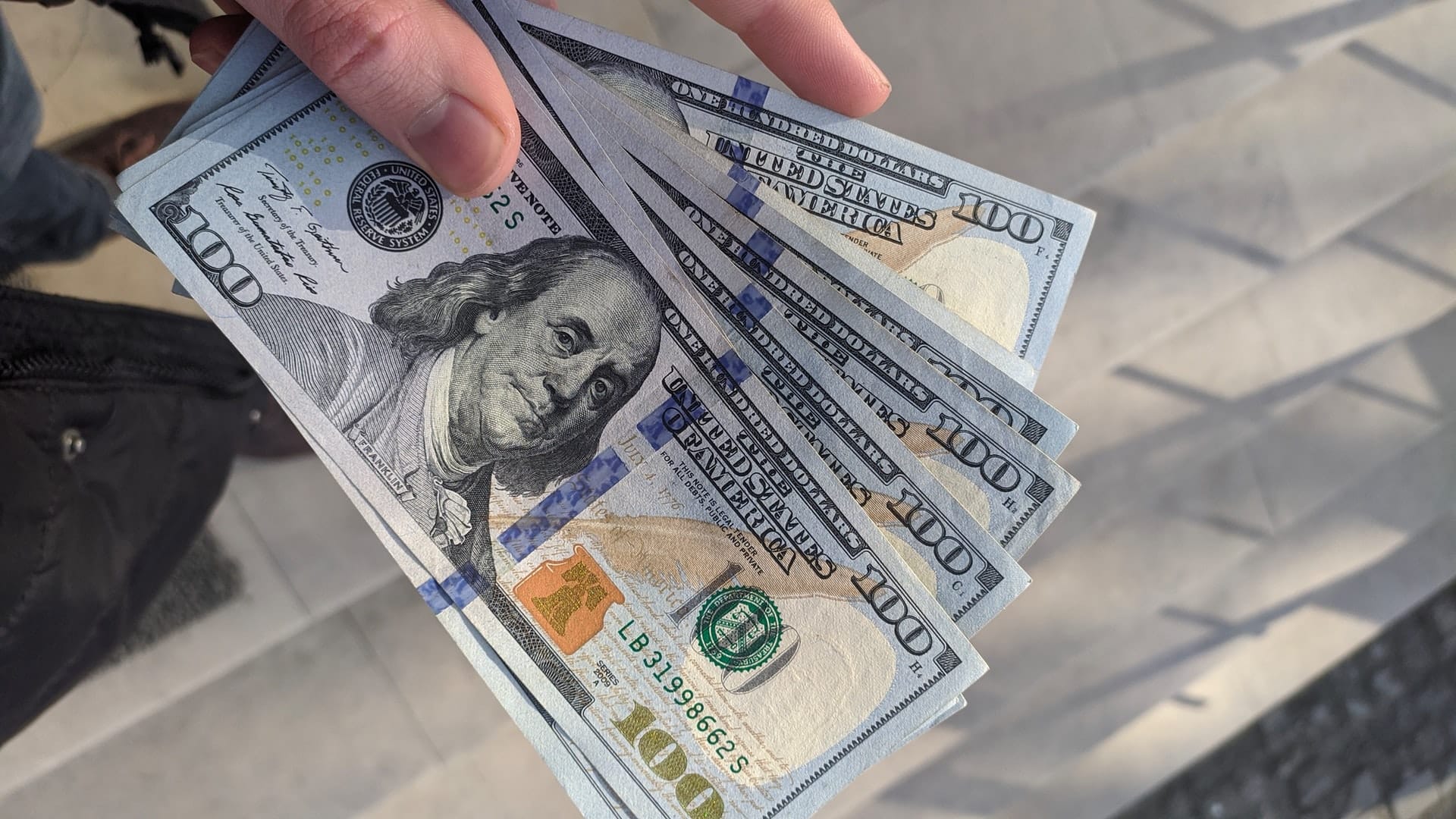
Key Takeaways
Loans for a 600 credit score are available, including payday loans, secured loans, and peer-to-peer loans, though they often come with higher interest rates…

Key Takeaways
Your credit score may drop when your balance decreases due to related factors like closed accounts reducing your credit utilization limit, loss of credit…
View More
Debt

Key Takeaways
Getting a no income loan is possible if the borrower shows proof of other forms of income, such as Social Security, rent, or unemployment…

When you have more debt than you know how to pay back, it can be incredibly anxiety-inducing. Monthly debt payments might be taking over your…

A payday loan vs. cash advance are both ways for people to borrow money from their next paycheck. A payday loan is essentially one type…
Interest Rates
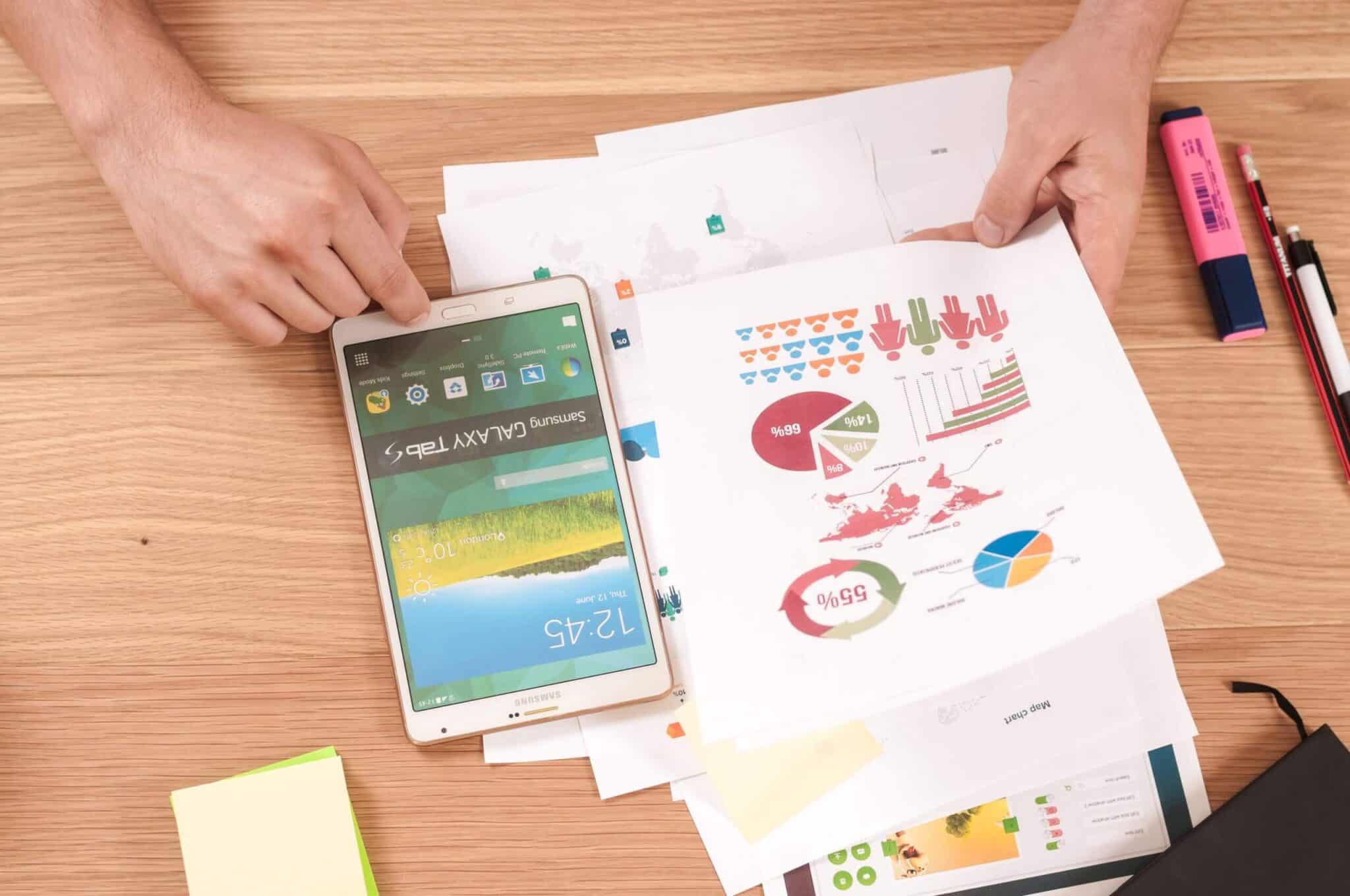
An interest rate is the amount lenders charge for borrowing money. It’s typically expressed as a percentage of the principal on an annual basis. Interest…
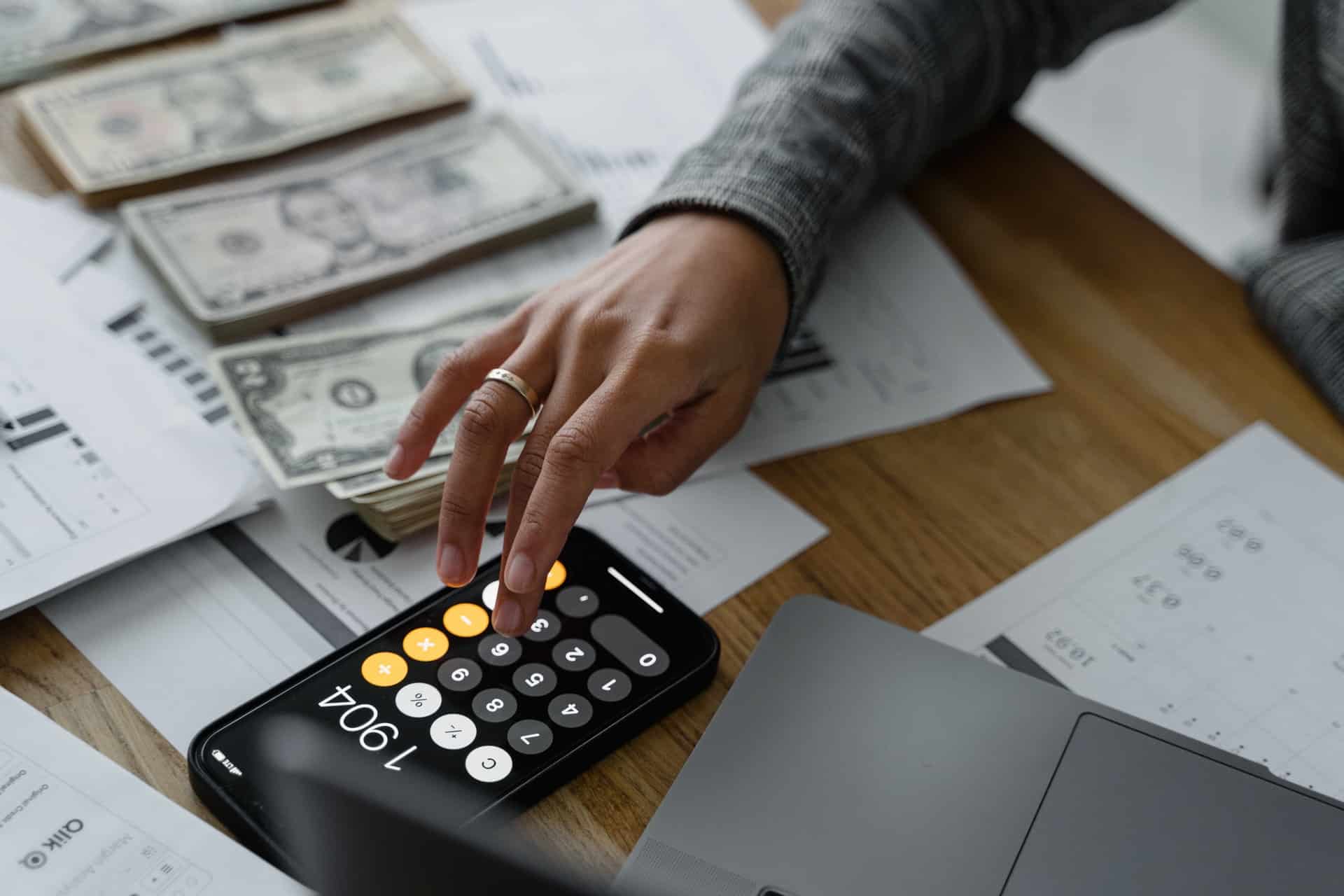
Simple interest is a way of calculating the interest charge on a loan or investment based on the original principal amount and the interest rate….
Loans
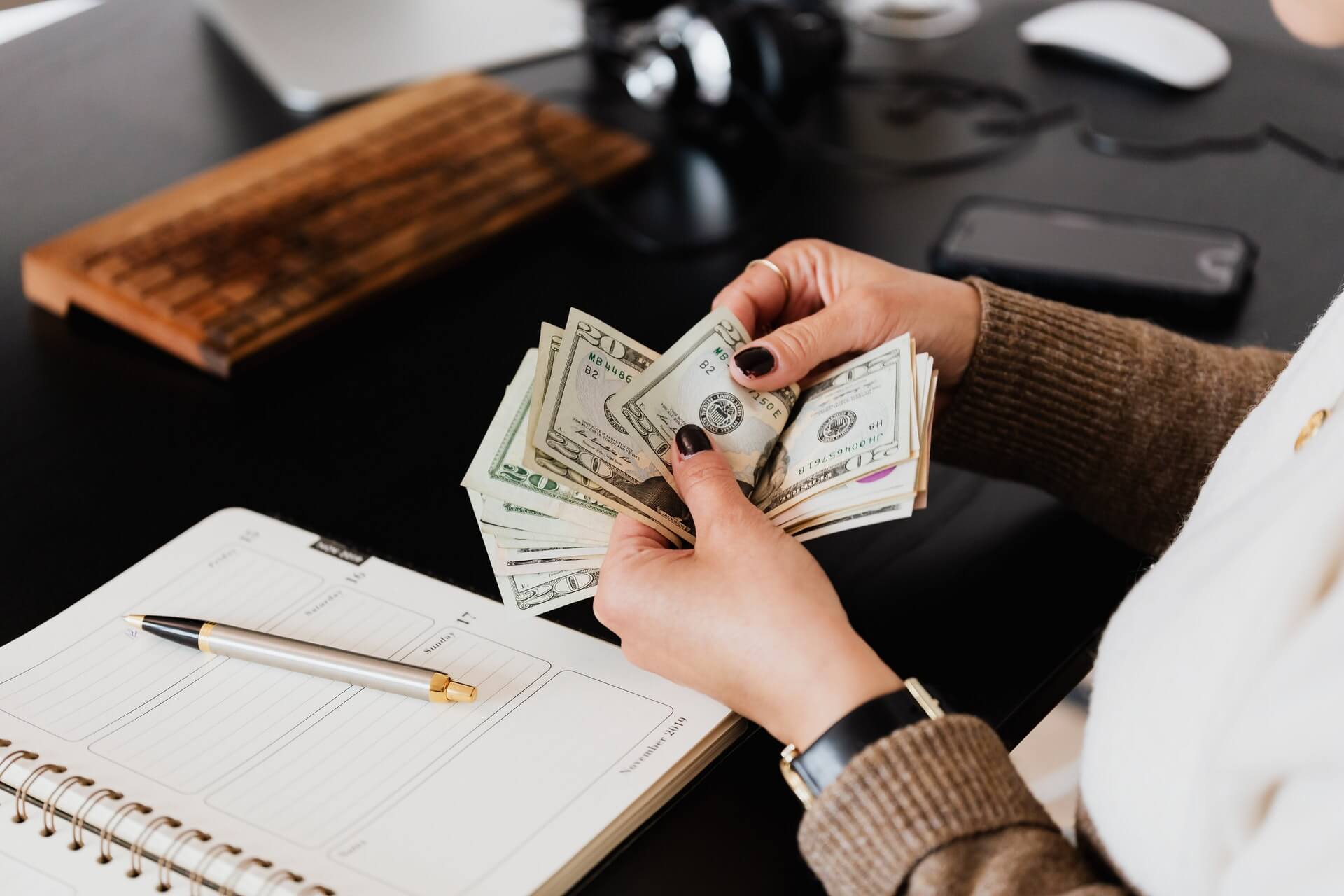
Key Takeaways
If you need $5,000 now with bad credit, your options consist of personal installment loans, secured title loans, and high-interest payday loans, but the…

Key Takeaways
Loans for a 600 credit score are available, including payday loans, secured loans, and peer-to-peer loans, though they often come with higher interest rates…

Key Takeaways
A 401(k) loan does not affect your credit score because it is not reported to credit bureaus and does not require a credit check…
Quick And Easy Personal Loans Up To $2500*